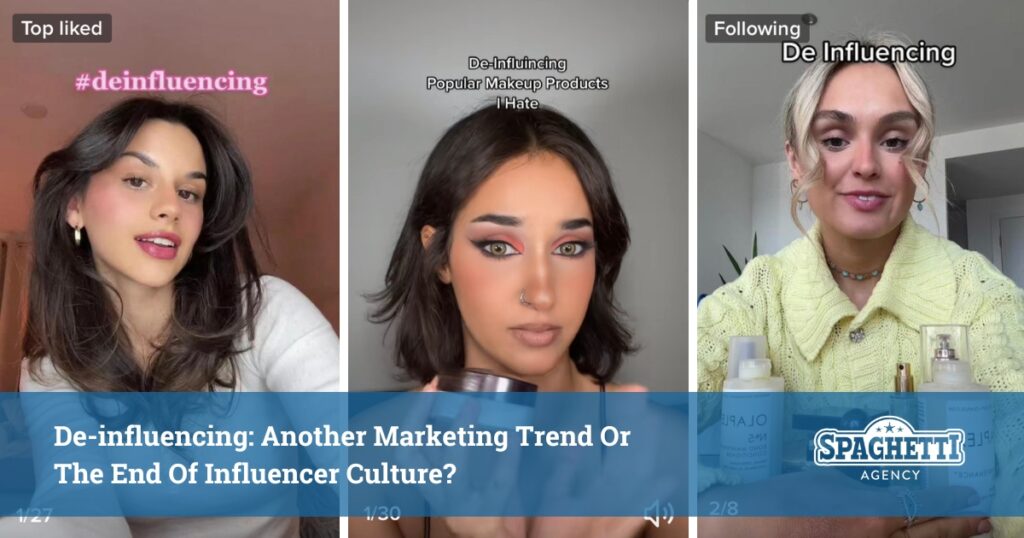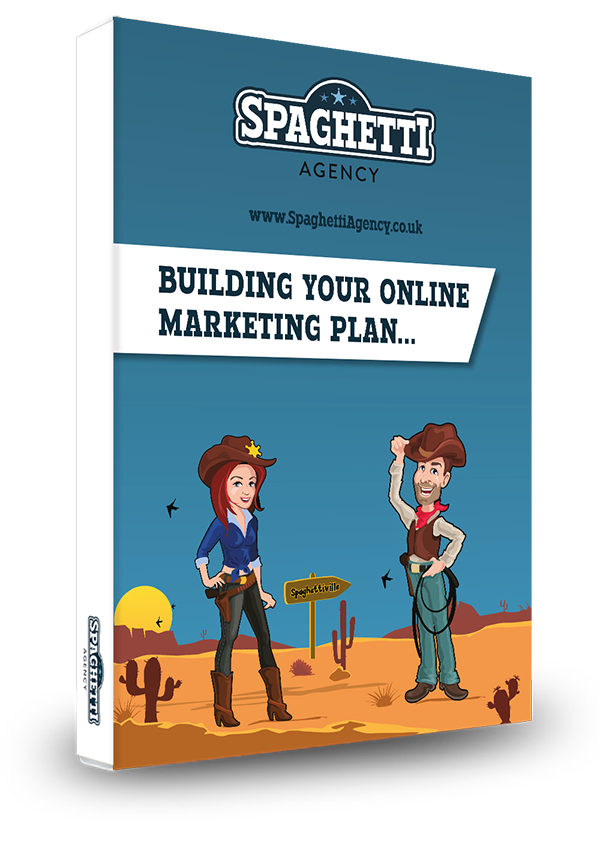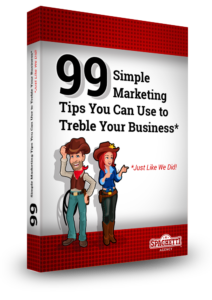Friday Digital Roundup
The Friday Digital Roundup is a witty take on the weird world of the internet. With fun stories from around the globe, it’s the only email newsletter you’ll actually read and enjoy!
We do love writing it, but clearly not as much as people like receiving it - just look at the response we got when a technical hitch meant it wasn’t sent out on time!
@Spaghetti_Jo
Coffee and the FDR is how I start my Friday.
Do not engage until I have devoured both
When it comes to the end of the week, there is no better way to start a Friday than with a run around the internet with Todd and Jo in the FDR. Just don't let them know I do it from the loo!
@Spaghetti_Jo
My inbox is full of rubbish newsletters that Im constantly deleting😬 My VIP inbox is for 1 thing only- THE DIGITAL ROUNDUP🤠I dont read a Newspaper or the news online, I just wait for Fridays, when this lands in my inbox- then I know ‘The weekend has landed’🤗
Get the Friday Digital Roundup and see what everyone’s talking about.
We may look like cowboys, but we’ll never abuse your data! Find out what we’ll do with it here, partner.
Spaghetti Blog
De-influencing: Another Marketing Trend Or The End Of Influencer Culture?
Since the rise in influencer marketing, millions of content creators have built careers out of influencing viewers and fans. Influencers are social media users who have a significant number of followers and use their platform to promote various goods and services based on brand partnerships. They use their online presence to collaborate with brands and create content that advertises their products.
But now the new trend on the block, de-influencing, has become a huge hit on social platforms such as TikTok, where creators are now using their platforms to push back on the growing pressure to spend more money on unnecessary items.
De-influencing: Another Marketing Trend Or The End Of Influencer Culture?
What’s influencing?
As a social media fan, I spend around an hour per night (ish!) scrolling through TikTok and Instagram. I’m being completely open here. I’m not proud of it, but there’s just something about that hour of scrolling that seems to have made its way into my evening routine. The time just stops. I catch up with Nicole’s 75 hard videos to see if I’ve made an appearance, watch around 10 ‘things you can cook in the air-fryer’ videos, watch a few clothing hauls, and I love watching some of my favourite influencers travelling around Thailand and Japan.
You don’t need to be as addicted to TikTok as I am to have noticed the never-ending stream of influencer marketing. Influencing is a marketing technique employed by social media creators and big brands, to promote products on social media and influence people to buy them.
Influencers can be great people. They often get approached by brands because they’re relatable, funny, talented, and know how to sell. The issue with influencing is that it’s not always as transparent as it seems. Honest influencers have become more and more difficult to come by, as the majority of them will accept brand deals, promote a product that’s a bit shit and take the paycheck. In the meantime, thousands of followers have swarmed Boots or Superdrug and emptied the shelves of an overpriced mascara that claims to give you incredible lashes, when the influencer has stuck a pair of false eyelashes on off camera!
You see where I’m going here?
So, what’s de-influencing?
De-influencing is the new TikTok trend that calls out these brands, influencers, and products, for what they’re really worth. There are currently 21.4 million views of the hashtag #deinfluencing, and people are really paying attention.
Content creators, influencers included, are leaning towards promoting cheaper alternatives, also known as ‘dupes’ and titling videos of products they’re let down by as ‘products not worth the hype.’ This tables-have-turned approach seems to be sky-rocketing, and viewers are praising influencers for their honesty.
@jadebeguelin Agree or disagree? #tiktokmademebuyit #viralproducts #makeup #skincare
@hasinikay Things you don’t need in 2023 – this is coming from someone who reviews products 24/7 girly save your money #skintok #skincare #skincareproducts #skincaretips #skincare101
Does de-influencing have anything to do with inflation?
We may only be a few months into 2023, but it already seems a lot of content creators are opting for the ‘less is more’ approach. Influencers are starting to realise that it’s not really that great to be encouraging over-consumption. I think we’re also finally starting to accept that we don’t need 14 different coloured lip-balms, 26 eyebrow pencils, and 39 different shades of nude lipstick. I am, anyway.
At a time where we should be working harder to be more sustainable and watch our pennies, influencers have a tougher time ahead. I think a lot of brands are starting to catch on to changes in our spending habits too, and many of them are making cheaper alternatives to brands that charge crazy money for the same product.
What does this mean for influencers?
Content creators are fuelled by brand deals and the number of sales they influence. If 3,000 people went and brought a product that didn’t live up to expectations, they’re likely not going to trust that influencer (or the brand!) again. If an honest influencer recommends a product and 3,000 people are happy with their purchase, they’re more likely to stick around and support them.
Content creators are being more careful about what they agree to promote than ever before. They’re being more considerate of single-use products, fast fashion, the cost of shipping, and ensuring that brands align with their personal values. Trends are fun, but social media sites such as TikTok seem to have a new trend every day, and keeping up with them is totally unrealistic. Influencers need to start looking at the bigger picture in order to remain relevant.
How else do influencers make money?
It’s important to remember that content creators still need to make money. It may seem incredibly daft to shit-talk a product you were paid to promote, but it’s also an indicator of just how much money these people are making. It doesn’t matter if that brand never approaches them again, they’re covered. (It’s a crazy world.)
Another way in which influencers make money is through affiliate marketing. What many people don’t realise is that these alternative products or ‘dupes’ are tracked through the use of discount codes or affiliate links. Each discount code is trackable, and brands will keep a very close eye on who’s selling the most. The affiliate earns commission each time somebody makes a purchase through the unique link, so it’s a win-win situation for influencers every time.
Is the de-influencing trend here to stay?
Who knows. Like all trends it will probably fizzle out eventually, but I do think it’s making an impact and has the potential to change the influencing industry for the better.
If, like me, you’ve purchased unnecessary items recommended by influencers, I’d be interested in knowing what you bought and whether you were aware of the power of influencer marketing to begin with. I’m definitely more aware than I used to be and am much stricter with my spending habits now.
Have you bought anything with the hashtag #TikTokMadeMeBuyIt? (Jo has a pair of leggings in the cupboard that will never see the light of day.)

If the world of social media still seems a little too much for you or your business, we might be able to break things down for you. To find out more about our social media packages, get in touch.
Tags associated with this article
deinfluencing influencers Marketing Social Media tiktokPost a comment
We'd love to know what you think - please leave a comment!







0 comments on this article